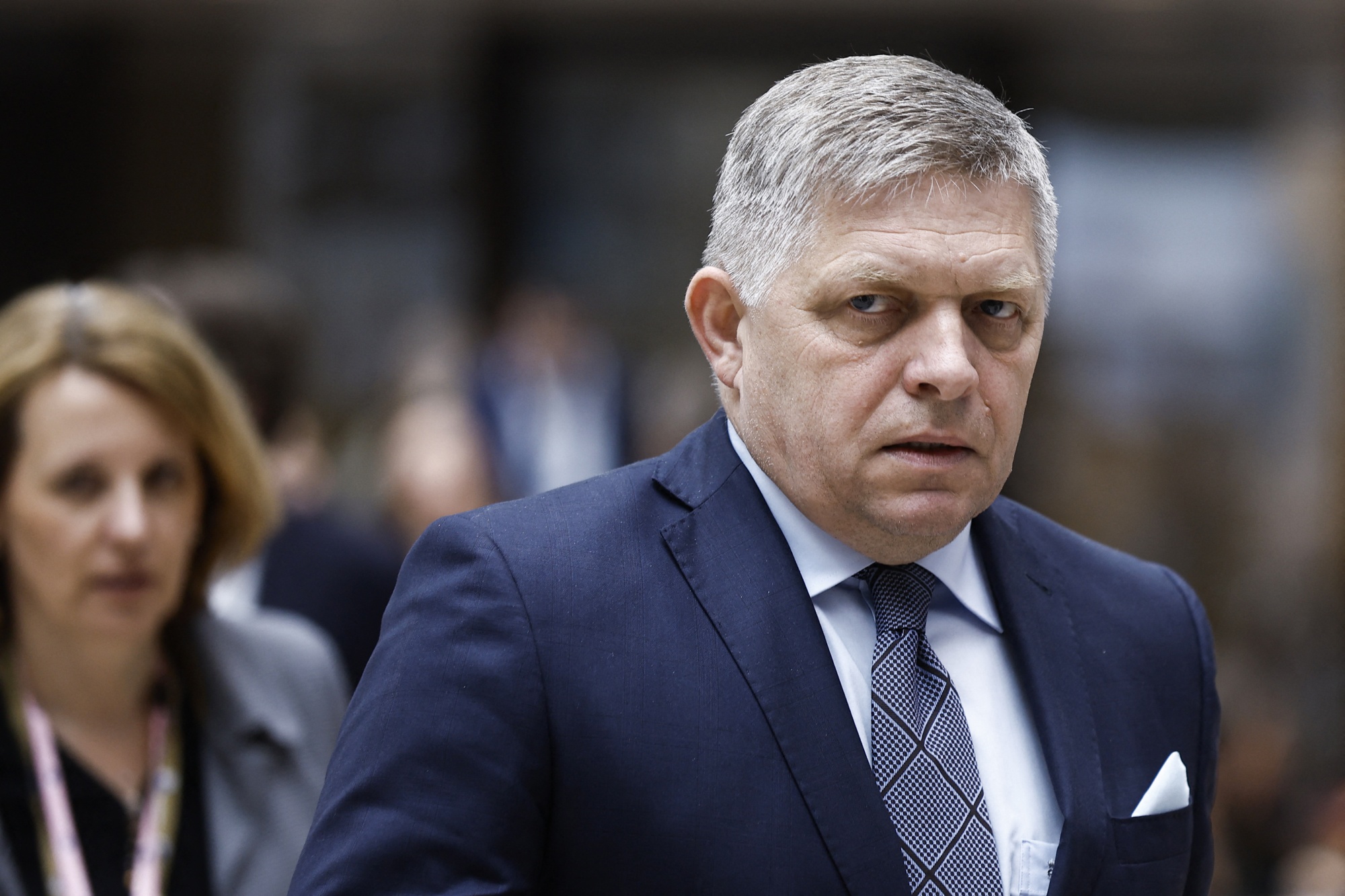WASHINGTON, 01 February 2024 – In a rare moment of vulnerability, Defense Secretary Lloyd Austin publicly apologized for the first time for not disclosing his January hospitalization related to cancer treatment, acknowledging that the decision to keep it secret was a mistake. Addressing reporters at his first Pentagon press briefing this year, Austin described the medical challenges he faced as a “gut punch,” expressing regret for not informing President and others about his condition sooner.
“I should have told the president about my cancer,” Austin confessed, assuming full responsibility for his actions.
The revelation comes amid bipartisan criticism directed at Austin for withholding his cancer diagnosis and subsequent hospitalization from various entities, including the White House, Congress, his staff, and the public. Austin underwent surgery for prostate cancer on December 22 and experienced complications, leading to his ambulance transport on January 1 from his residence in northern Virginia to Walter Reed National Military Medical Center.
In his first public discussion of the matter, Austin shared that he arrived at the press conference venue in a golf cart, indicating ongoing recovery through physical therapy and treatment. Despite his humor, Austin acknowledged his limitations, quipping, “I won’t be ready for the Olympics, but I’ll improve.”
Interestingly, Austin transferred his authority to Deputy Defense Secretary Kathleen Hicks on January 2 but neglected to inform her about his hospitalization, delaying his notification to the White House by several days. The Pentagon only confirmed Austin’s presence at Walter Reed on January 5, with further acknowledgment of his four-day stay in intensive care coming later.
Austin’s discharge from Walter Reed didn’t occur until January 15, with subsequent follow-up visits. However, he assures that his recovery is progressing well, according to his medical team.
Reflecting on his failure to disclose his diagnosis promptly, Austin admitted his shortcomings, prompting the Pentagon to implement measures requiring him to inform staff and the White House of any future transfers of authority. Additionally, his lack of transparency has triggered Defense Department investigations and demands from Congress for explanations.
“I never directed anyone to keep my January hospitalization from the White House,” Austin clarified during his public address today.
The episode underscores the challenges faced by public officials in balancing personal health concerns with their professional responsibilities, highlighting the importance of transparency and accountability at the highest levels of government. As Austin continues his recovery journey, questions linger regarding the implications of his delayed disclosure and its impact on public trust and institutional integrity.


